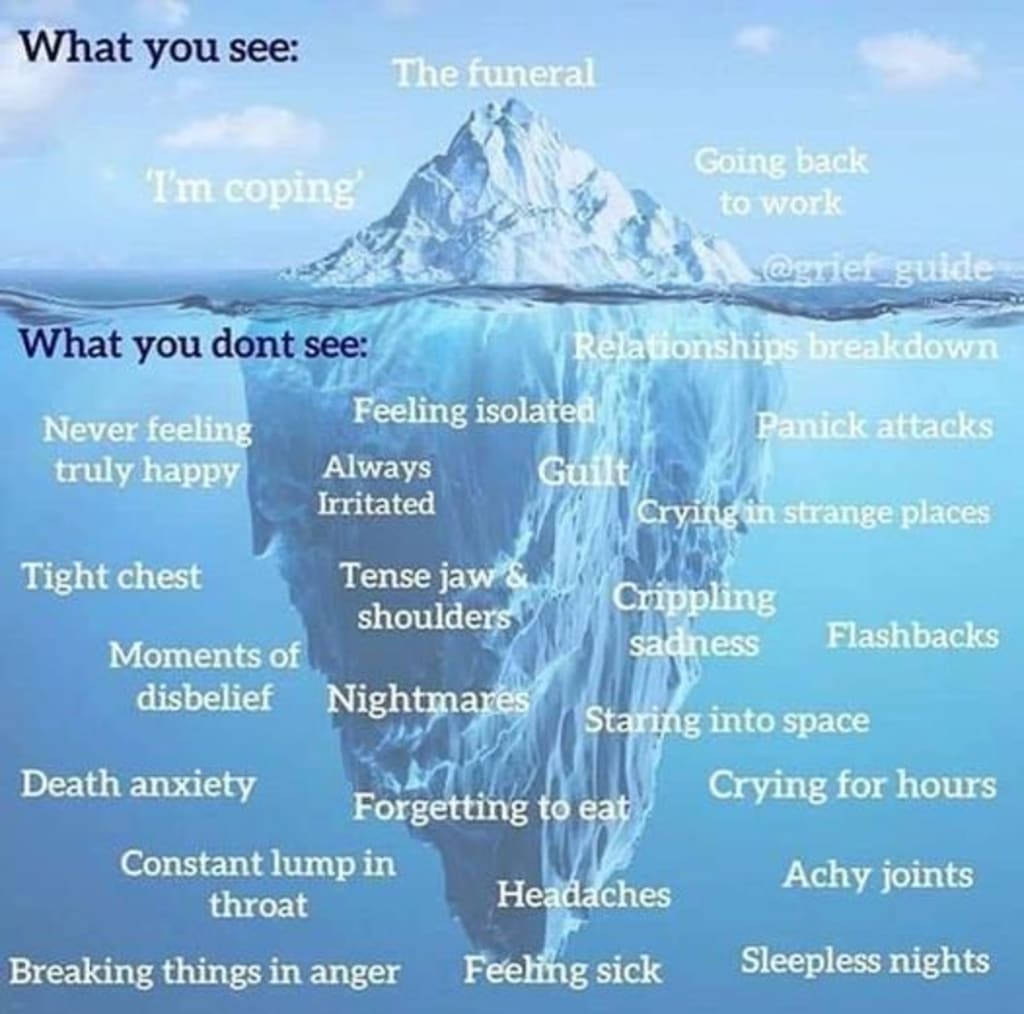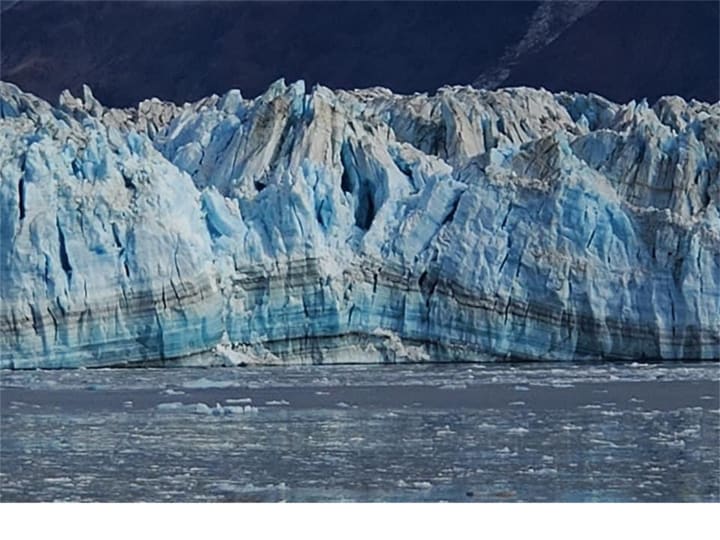Trauma, Grief, and Loss.
Everyone in counseling or therapy is not working on trauma, grief, and loss.

When working in primary residential substance abuse treatment, one counselor I worked with did grief work with people almost exclusively. I learned many things from her.
She was the best counselor I had ever worked with and she completed a 10-month certificate program and had her own recovery. Because of her, I attended a Tiospaye in South Dakota. Virginia Satir, who was called the mother of family therapy taught there.
While working in primary treatment, I learned how she would help people to cry. I would do family reconstruction with her which would help the entire treatment program and the staff. I learned many helpful things from her about using the genogram.
That was in the 80s. In the 2000s I went to work for the State of MN in the Department of Human Services, Alcohol in Drug Abuse Division, housed with the Mental Health Division. I asked many people if they did grief work and I surveyed counselors asking about what grief work they did.
Some would say, we used to do that work, but now there is just too much paperwork. Some would say, we had to choose a therapy and stick to it and some of those therapies do not include trauma or grief work.
Still, others said, "You know it is only us nerds that are completing this survey right?"
The above iceberg is one of many iceberg photos, showing that what we see on top isn't all that makes up an iceberg, any more than the duck gliding along the top of the water is all that there is to that duck. Their feet are likely spending a lot of energy to keep that calm demeanor outside of the water.
Over the years, I use the iceberg to show others that what we see about someone we work with is not very much of the individual. There is so much more underneath the exterior. If we don't do our trauma, grief, and loss work, you won't hear much of anyone else's either.

I have used the photo above to talk about the iceberg in general and then more specifics around trauma, grief, loss, and inherited trauma. Then I talk about culture, tradition, and beliefs, all that is hidden, and how we are socialized.
There is just so much that you can explain by using the iceberg. Many people enjoy learning from nature and when given examples in life it becomes easier to retain for some of us.
Early in my career, I learned so much working in substance abuse treatment and that was in the 80s.
One counselor I worked with had just a few individuals in the same time I had 86% of my clients that had experienced sexual abuse or sexual violence. How was that difference possible? That could not be true.
The Director, hearing those differences asked that he complete sexual histories with some of his program participants and his statistics changed. He didn't do those histories on everyone and yet it appeared to be his openness to the subject that made the difference.
I don't know that he worked on his trauma, grief, or loss. We did see his statistics change, so doing the work, whether someone else's sex history or looking at your own history can make a difference.

I never want people to be a revolving door in treatment as I believe their first treatment is their best chance. Addiction is deadly and way too many people die from addiction. I think it is important that we all do our part.
The iceberg is one prop I have used in talking about an individual or group of people in treatment or in working with counselors. It is one of many ways to get this point across. It is helpful from first contact to ongoing support after, to keep this in mind.
Whenever I have the chance I ask that counselors do their grief work to better serve our Native American program participants. I ask that they become lifelong learners as there is always so much to learn.
About the Creator
Denise E Lindquist
I am married with 7 children, 27 grands, and 12 great-grandchildren. I am a culture consultant part-time. I write A Poem a Day in February for 8 years now. I wrote 4 - 50,000 word stories in NaNoWriMo. I write on Vocal/Medium weekly.






Comments (2)
I always wanted to be a counselor but, I felt I might not be good at it . This was an eye opening
I like this Denise and my hat off to you for the work you do, blessings dear friend 😊😊